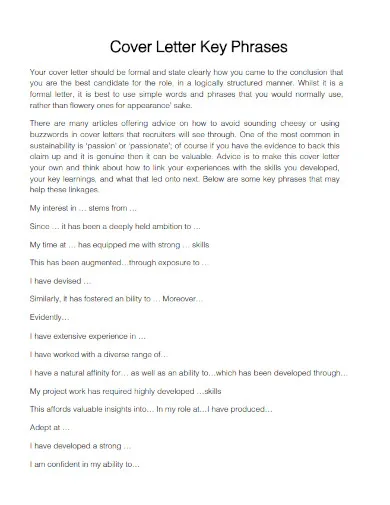What is a Cover Letter
A cover letter is a crucial document that accompanies your resume when applying for a job. It serves as a personalized introduction to the hiring manager, offering a glimpse into your personality, skills, and qualifications. Unlike a resume, which provides a factual overview of your work history and education, a cover letter allows you to elaborate on your experiences, explain your motivations, and highlight why you are the perfect fit for the position. It’s your opportunity to make a strong first impression and convince the employer to delve deeper into your qualifications. A well-crafted cover letter demonstrates your communication skills, attention to detail, and genuine interest in the role.
Why are Cover Letters Important
Cover letters are important because they provide context to your resume. They allow you to connect your skills and experiences to the specific requirements of the job. By explaining how your qualifications align with the company’s needs, you increase your chances of standing out from the competition. Furthermore, a cover letter showcases your communication skills, which are essential in almost any professional setting. It demonstrates your ability to articulate your thoughts, express your enthusiasm, and persuade the reader. It also allows you to address any potential gaps or weaknesses in your resume, providing explanations for career changes or periods of unemployment. Many employers still consider a cover letter as a key factor in their decision-making process.
Key Element to Cover Letter
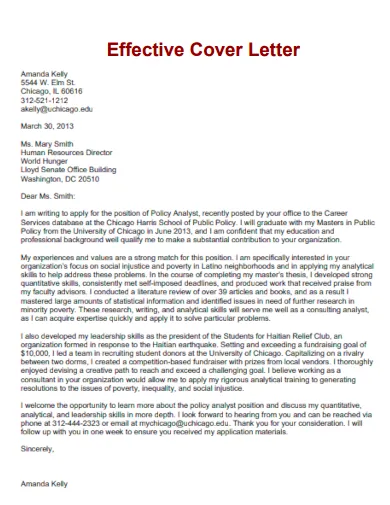
A cover letter should be tailored to each job application, highlighting specific skills, experiences, and achievements relevant to the position. It should also demonstrate your understanding of the company and the role, as well as your enthusiasm for the opportunity. Key components include a compelling opening, a concise summary of your qualifications, and a strong closing that reinforces your interest and encourages the reader to take action. The best cover letters go beyond simply restating information from your resume; they tell a story about your career and aspirations, showcasing your personality and potential.
Highlight Your Skills and Experience
Clearly and concisely outline your most relevant skills and experiences. Focus on those that directly align with the job description. Use action verbs to describe your accomplishments and quantify your achievements whenever possible. For instance, instead of saying ‘Managed projects,’ you might say, ‘Managed multiple projects simultaneously, resulting in a 15% increase in on-time project completion.’ This level of detail not only demonstrates your capabilities but also makes your cover letter more memorable and impactful. Make sure to provide real-world examples of how you’ve utilized these skills to achieve positive outcomes in previous roles.
Showcase your Achievements
Don’t just list your responsibilities; highlight your accomplishments. Quantify your achievements using numbers, percentages, or specific results to demonstrate your impact. For example, ‘Increased sales by 20%’ or ‘Reduced customer complaints by 10%.’ Focus on the achievements that are most relevant to the job you are applying for. This is your opportunity to show potential employers the value you can bring to their company. By showcasing your achievements, you demonstrate that you are results-oriented and capable of making a significant contribution to the organization.
Tailor Your Cover Letter
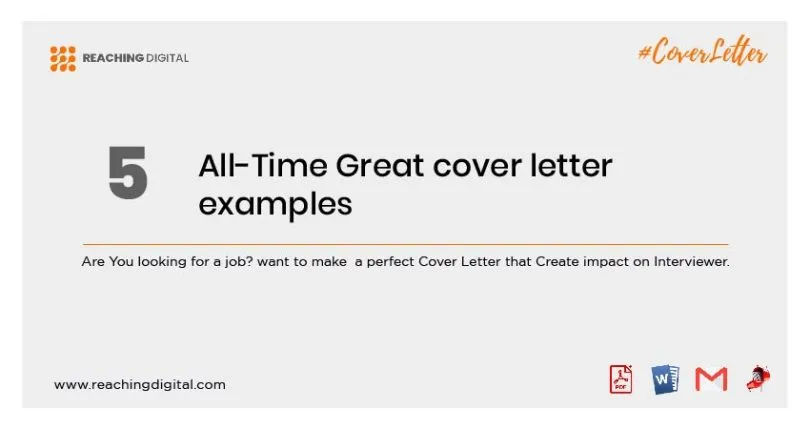
Customize your cover letter for each job application to increase your chances of getting noticed. A generic cover letter will likely be overlooked, so take the time to personalize it. This shows that you are truly interested in the specific role and company. Personalization demonstrates attention to detail and a genuine interest in the opportunity. Tailoring involves researching the company, understanding the job requirements, and adjusting the content of your cover letter to match.
Research the Company
Before writing your cover letter, thoroughly research the company. Visit their website, read their mission statement, and learn about their products or services. Understanding the company’s values and goals will help you tailor your cover letter to show how your skills and experience align with their needs. Referencing specific company initiatives or projects in your cover letter demonstrates that you’ve done your homework and are genuinely interested in the opportunity.
Address the Specific Job Requirements
Carefully review the job description and identify the key skills and qualifications the employer is seeking. Then, in your cover letter, directly address how your experience and skills meet those requirements. Provide specific examples to support your claims. This demonstrates that you understand the role and are confident in your ability to perform the job effectively. By clearly aligning your qualifications with the job requirements, you make it easier for the hiring manager to see that you are a strong candidate.
Formatting and Structure
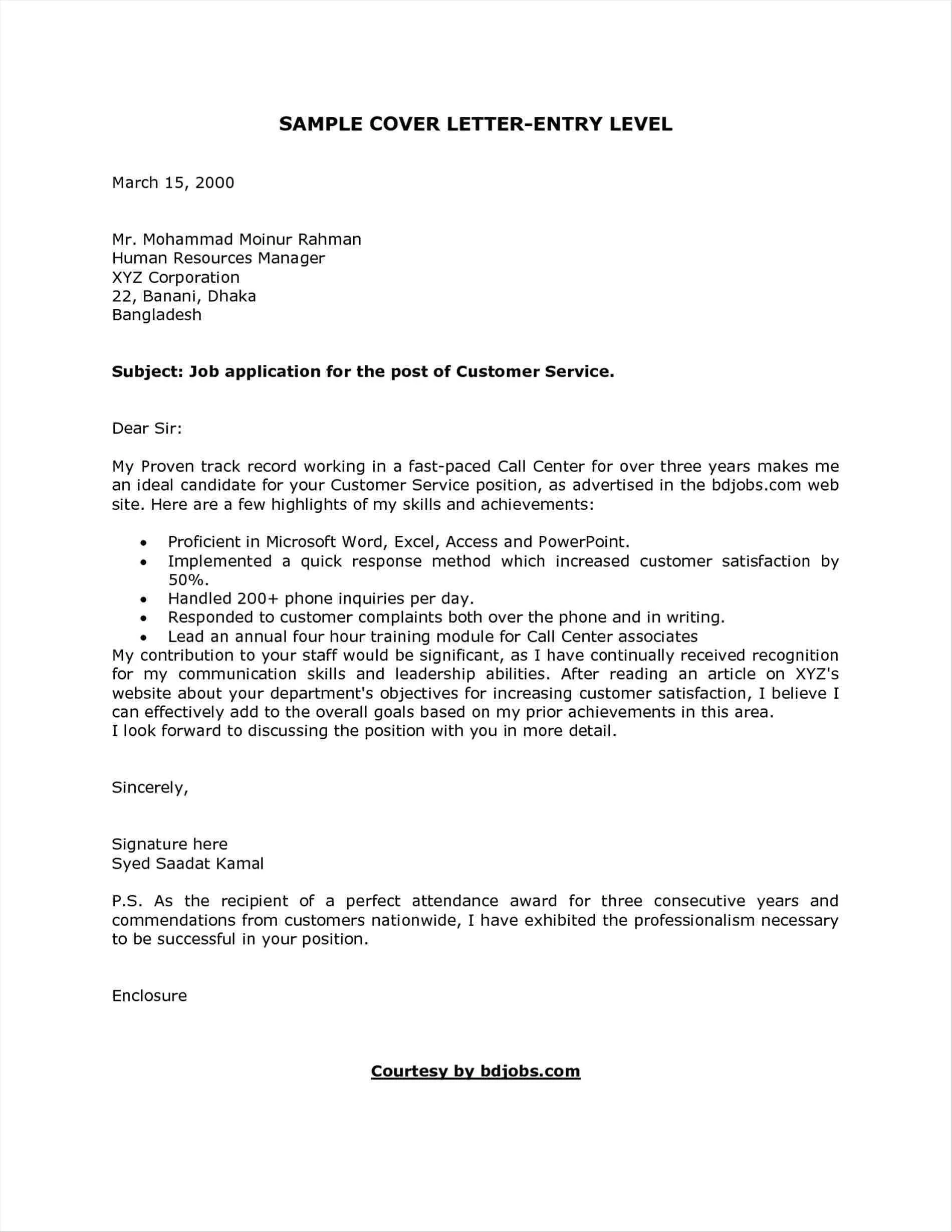
The formatting and structure of your cover letter are just as important as the content. A well-formatted cover letter is easy to read and professional in appearance, increasing your chances of making a positive impression. Pay attention to the layout, font, and spacing to ensure your cover letter is visually appealing and easy to navigate. A clear, concise, and well-structured cover letter is more likely to capture the reader’s attention and showcase your professionalism.
Keep it Concise
Keep your cover letter concise and to the point. Aim for a single page, focusing on the most relevant information. Avoid overwhelming the reader with lengthy paragraphs or excessive details. Your goal is to provide a compelling overview of your qualifications and motivate the hiring manager to read your resume. A brief, well-written cover letter is more likely to be read thoroughly than a long, rambling one.
Use a Professional Tone
Maintain a professional and formal tone throughout your cover letter. Avoid slang, jargon, and overly casual language. Proofread carefully to eliminate any grammatical errors or typos, as these can undermine your credibility. Use a professional email address and ensure your contact information is up-to-date. Your cover letter should reflect your professionalism and attention to detail, which are essential qualities in any workplace.
Proofread and Edit

Always proofread and edit your cover letter before submitting it. Errors in grammar, spelling, or punctuation can make a negative impression. Use spell-check and grammar-check tools, but don’t rely on them completely. Read your cover letter aloud to catch any awkward phrasing or unclear sentences. Ask a friend or colleague to review your cover letter for a second opinion. A polished, error-free cover letter demonstrates your attention to detail and professionalism.
Call to Action
End your cover letter with a strong call to action, encouraging the employer to contact you for an interview. This shows that you are proactive and eager to take the next step in the hiring process. A clear call to action reinforces your interest in the position and makes it easy for the employer to take the next step. Your call to action should be direct, polite, and express your enthusiasm for the opportunity.
Express Enthusiasm
Express your genuine enthusiasm for the position and the company. Show the employer that you are excited about the opportunity and eager to contribute to their success. A positive and enthusiastic tone can make your cover letter more memorable and increase your chances of standing out from other candidates. Let your passion for the job shine through in your writing.
Provide Contact Information
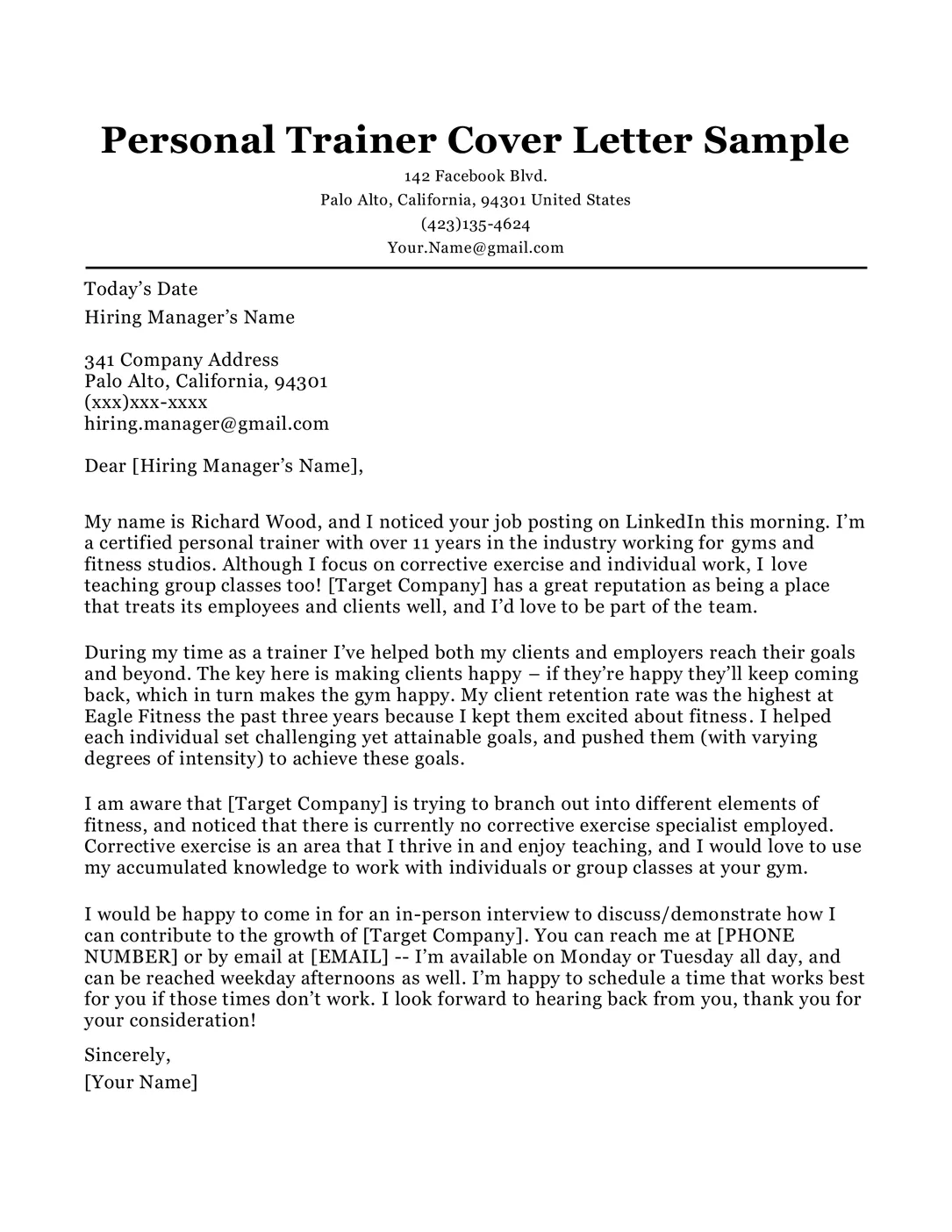
Make sure to provide your contact information, including your phone number and email address, so the employer can easily reach you. Ensure that your contact information is accurate and up-to-date. Include a professional email signature with your name, phone number, and a link to your online portfolio or LinkedIn profile. This makes it easy for the hiring manager to contact you and learn more about your qualifications.
Final thoughts
Mastering the keys to a great cover letter is essential for a successful job application. By following these guidelines, you can create a cover letter that grabs attention, highlights your skills and achievements, and increases your chances of getting an interview. Remember to tailor each cover letter to the specific job, research the company, and showcase your enthusiasm. A well-crafted cover letter is a powerful tool that can set you apart from the competition and help you land your dream job.
